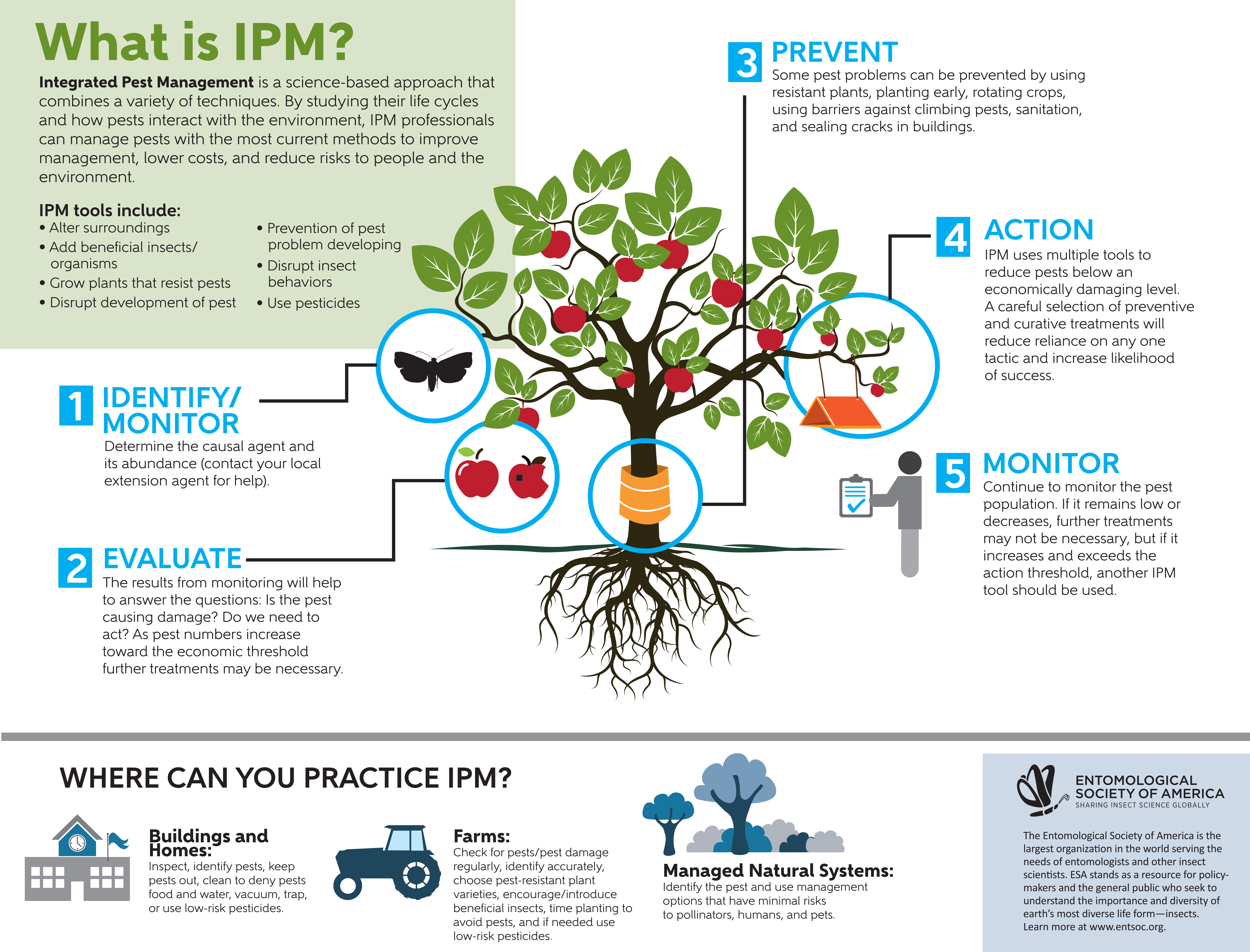The Advantages And Disadvantages Of Chemical Bed Pest Treatments: What You Need To Know
The Advantages And Disadvantages Of Chemical Bed Pest Treatments: What You Need To Know
Blog Article
Short Article Created By-Dillon Morsing
Did you recognize that bed insects are just one of the most challenging bugs to remove? If you're thinking about chemical therapies to eliminate these pesky creatures, it's important to consider the pros and cons.
In supplemental resources , we'll explore the effectiveness of chemical bed insect treatments, the possible health dangers connected with them, and their impact on the atmosphere.
By recognizing these variables, you'll be better outfitted to make an enlightened choice concerning tackling your bed bug issue.
Efficiency of Chemical Bed Bug Therapies
You will be pleased to know that chemical bed bug treatments are normally quite reliable in getting rid of invasions. These treatments function by targeting the bed pests' nervous system and interrupting their capability to feed and duplicate. By using chemicals specifically designed to eliminate bed insects, you can properly eliminate them from your home.
One of the benefits of chemical therapies is their capability to reach even one of the most hard-to-reach locations, such as splits and crevices where bed bugs like to hide. Additionally, chemical treatments can provide long-lasting results, assisting to avoid future invasions.
However, it is essential to comply with the instructions very carefully and take essential safety and security precautions when using these therapies.
Prospective Health Risks of Chemical Bed Pest Treatments
There are a number of possible health risks connected with chemical bed bug treatments that you must understand. While these therapies can efficiently eliminate bed bugs, they might likewise present dangers to your health.
One usual threat is the direct exposure to poisonous chemicals. The chemicals made use of in these therapies can be damaging if breathed in or if they enter into contact with your skin. Some individuals may experience allergies or breathing problems consequently.
In addition, chemical therapies may leave deposit on surface areas, which can be consumed or soaked up with the skin, leading to additional wellness issues.
It is necessary to thoroughly adhere to the instructions provided by experts and take essential precautions to reduce the potential health and wellness threats associated with chemical bed insect treatments.
Environmental Impact of Chemical Bed Insect Treatments
One potential concern with chemical bed pest therapies is their influence on the atmosphere. When taking into consideration the environmental impact of chemical bed bug treatments, below are 4 vital aspects to bear in mind:
1. Chemical drainage: Chemical treatments can possibly pollute water resources, resulting in dangerous results on aquatic life and environments.
2. Air pollution: The launch of chemical fumes during therapy can contribute to air pollution, affecting not just the atmosphere however likewise human health.
3. Harm to valuable insects: Chemical treatments might not only target bed pests but also harm helpful pests such as and butterflies, which play important functions in pollination.
4. Long-term effects: The use of chemicals might have lasting repercussions on the environment, including soil contamination and disruption of all-natural ecosystems.
Thinking about these elements, it's critical to weigh the possible risks and benefits of chemical bed pest treatments and explore alternate, a lot more eco-friendly alternatives.
Final thought
So, when it comes to chemical bed bug therapies, there are most definitely benefits and drawbacks to think about.
On one hand, they can be extremely efficient in eliminating these pesky pests.
Nonetheless, there are possible wellness dangers to be knowledgeable about, as well as the environmental influence of using chemicals.
DIY rodent control methods is very important to evaluate these variables carefully prior to picking a therapy technique.
However, what if there was an additional solution? Something that could efficiently remove bed pests without the drawbacks?
Keep tuned, due to the fact that there might simply be a shocking option imminent.
